READY TO GET STARTED?
REQUEST A FREE ESTIMATE
Fill out the form below or call (888) 466-7849 for a free, no-obligation estimate.
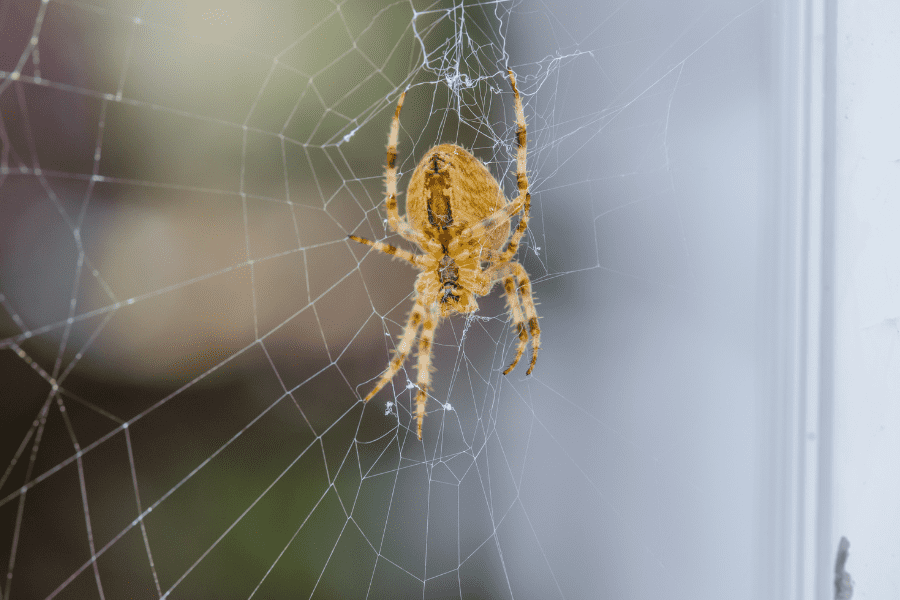
Spiders are often found in secluded areas where they are rarely disturbed. Your home offers the perfect place to hunker down during the winter and provides them with food, shelter, and even a mate.
Spiders feed off other insects, so they can be beneficial for you over time. If you do begin seeing an influx of other insects, it might mean you have a higher population of spiders as well. Your home offers warmth, which is what these overwintering pests are really in search of once winter hits. They will also enter your home due to how easy it can be for them. Any crack, crevice, or opening is an invitation for these pests to enter your home.
Spiders can be considered a form of natural pest control but can be unsightly if discovered in your home. Check out these tips to keep spiders out of your home:
If you suspect a spider problem, then reach out to your local pest control company for a free inspection today!
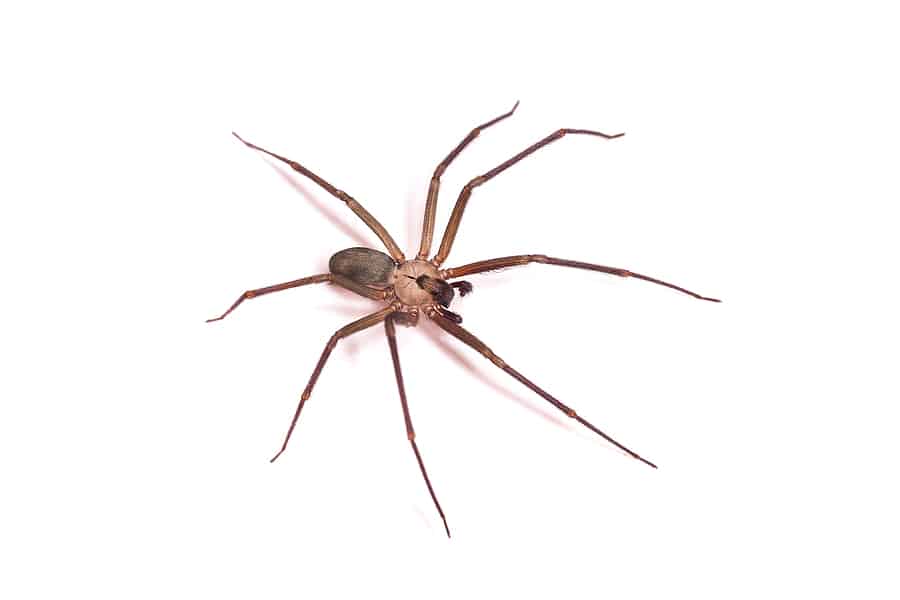
In Tennessee, we have our fair share of spiders we should be wary about. One of those spiders is the feared brown recluse. Luckily for us, most local arachnids don’t want to live in our homes, and they are easily preventable.
These spiders are ¼ to ½ inches in length and are light to dark brown in color. They have a violin-shaped mark behind their heads. They also only have six eyes compared to the usual eight. Like other spiders, they are beneficial in catching other invasive species in your home and keeping their populations down. If they weren’t harmful to humans, then it would all be fantastic.
A single bite from a brown recluse spider can bring on intense pain, swelling, fever, chills, body aches, and an ulcer at the site of the wound. Sometimes their bites can be used as a scare tactic, considered a “dry bite,” and don’t include venom. Don’t ever assume the bite didn’t contain venom and get medical attention right away.
If you begin seeing an increase in unwanted arachnids, give your local pest control company a call for a free inspection and a pest prevention plan that works!
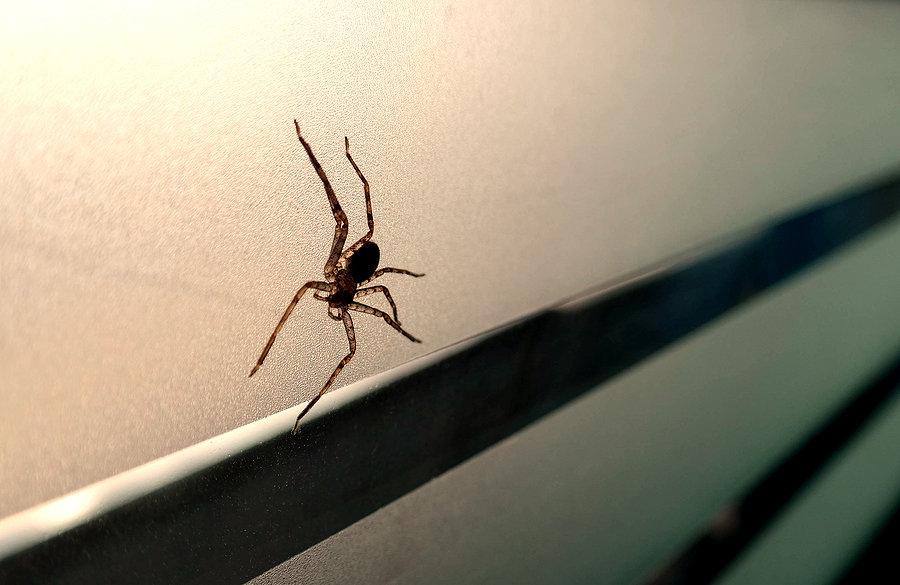
It’s a common myth that spiders come into our homes to overwinter until spring. In actuality, they most likely were already there to begin with. These household pests are more active in fall and early winter for two main reasons: they are preparing winter and the upcoming scarcity of food and they are mating and in search of a partner to reproduce with.
House spiders take up residence in your home year-round. Spiders can be beneficial to have around as a form of natural pest control as they eat other insects (even other spiders) found around your house.
One exception to this is the brown recluse spider. They will seek warmth and food indoors in the winter by hiding out in dark, unused areas of your home. Brown recluses are identified by the distinct violin-shaped mark on their back. They will bite and are considered harmful to humans.
You can prevent spiders in your home by:
If you have an issue with spiders, contact your local pest control company for an inspection.
When Does Swarming Season Begin?
Should I Worry About Cockroaches?
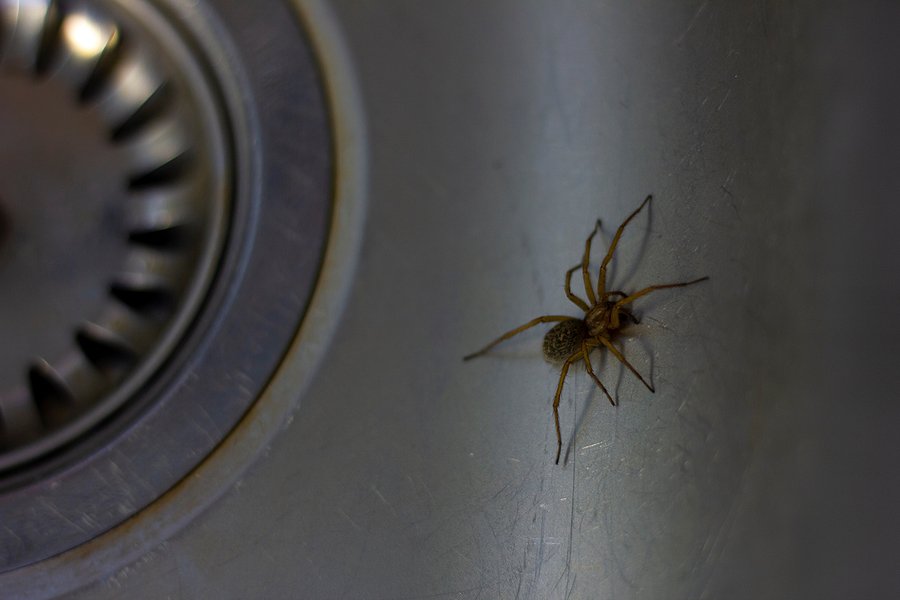
Spiders are common overwintering pests, coming inside your home in search of food, shelter, and even a mate. They prefer quiet, secluded places where they won’t be disturbed, making your home the ideal place for them to hide out.
Spiders are attracted to households for several reasons. Spiders eat other insects, such as mosquitoes, flies, and roaches; if you have an overabundance of these other household pests, spiders will also come in search of a food supply. Spiders will also come inside for a warm place to stay until warmer weather arrives. During mating season, spiders will also come indoors in search of a mate, especially if you already have spiders present in your home.
Spiders are beneficial to have around your home because they can be a form of natural pest control against other pests. However, if you want to keep spiders out of your home, consider these spider prevention tips:
If you have a problem with spiders or other household pests, contact your local pest control company for an evaluation.
How to Keep Pests Away from Your Stored Holiday Decorations
Termite Bond vs Termite Warranty
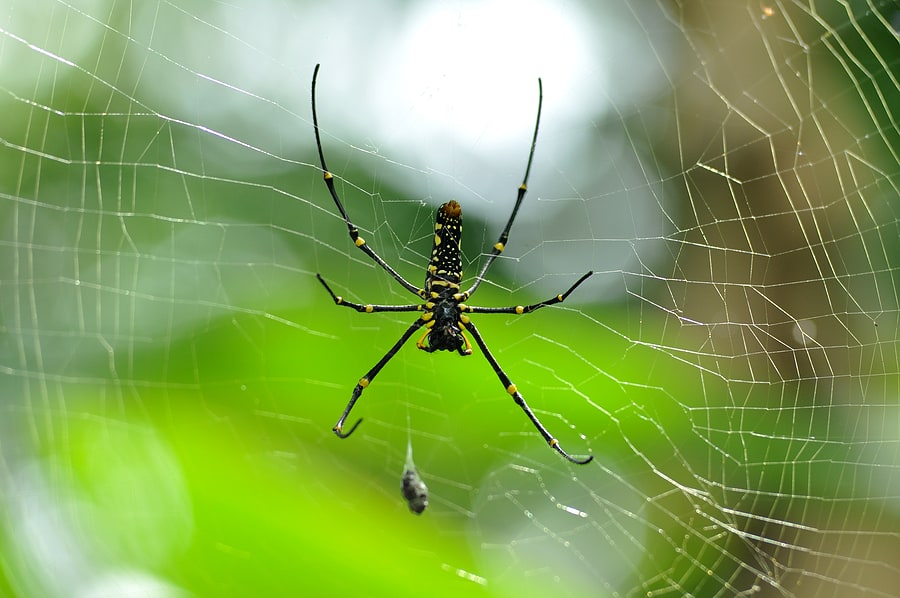
Orb weavers can be scary looking with their large size and the giant webs they weave. But are they dangerous to humans or pets?
The short answer is no. Although these spiders can bite, they lack the potent venom needed to cause serious damage to humans or larger animals. Their bites are comparable to bee stings. These pests are quite docile and usually non-aggressive; they are more likely to flee from you than to attack and bite you if disturbed.
Orb weavers are garden pests, often found in bushes, trees, wood piles, yard debris, under porches, under roofs, and under eaves. They get their name from the large, circular, wagon wheel shaped webs they weave. Because their family is so diverse, these spiders come in a variety of colors and markings, with some of the more common ones being bright yellow and black.
Orb weavers eat a variety of small insects such as mosquitoes, beetles, moths, flies, and wasps. They are quite beneficial to have around as they help keep other pest populations under control.
If you have an issue with spiders or other pests, contact your local pest control company for an evaluation and treatment options.
Add Some Shine to Your Crawl Space